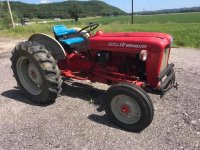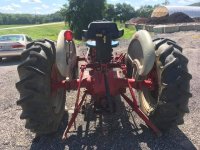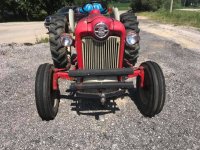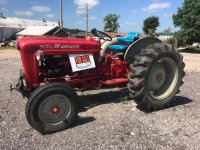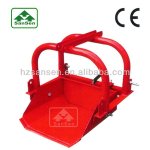Thanks for the reply rScotty.
Primary uses: Brush hogging, gravel driveway maintenance, and finish mower.
I'll eventually want to do some work on fencing with it... just a 6 acre "farm", but a lot of barbed wire fencing that I'll want to replace one of these days.
From what I've read on this site I'm actually ok with not having a front loader if my budget doesn't permit. I'm sure I can make a carry-all or (not sure what it's called, back scoop that pulls into the tractor?) work.
Out of curiosity - what would the "next step" look like, if I wanted to move to a more modern option first. Does increasing my budget put me in a better situation when considering reliability, resale, etc? Should i like at something closer to $6k? Trying to find that balance of not going overboard for just 6 acres of mostly mowing & playing around, but also not spending $3k so I can spend every other weekend trying to get my old tractor working again.
Appreciate the advice!
